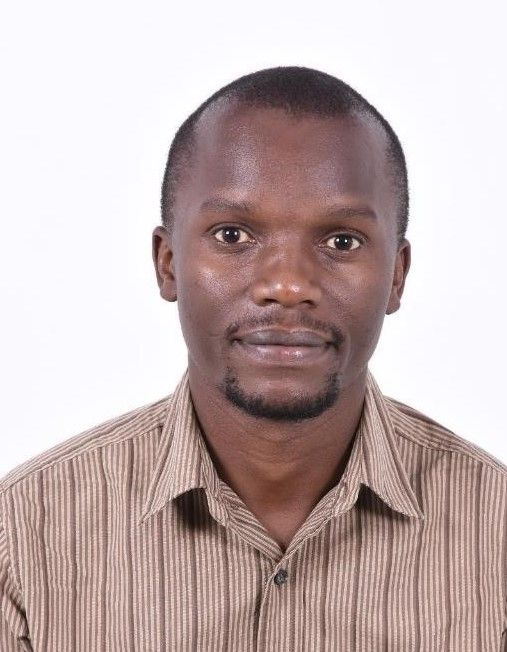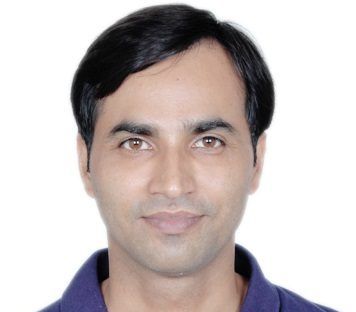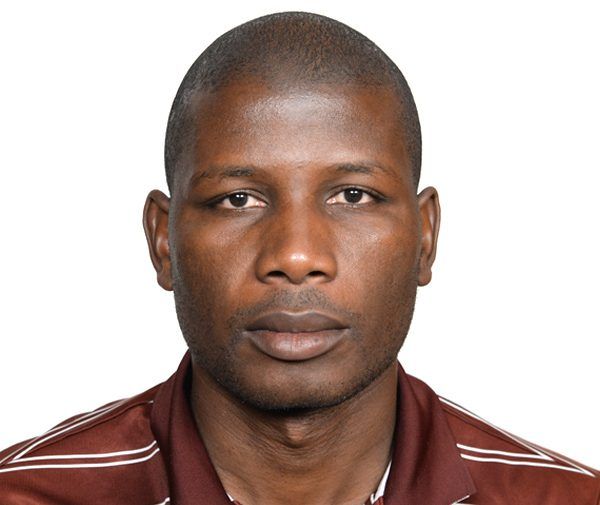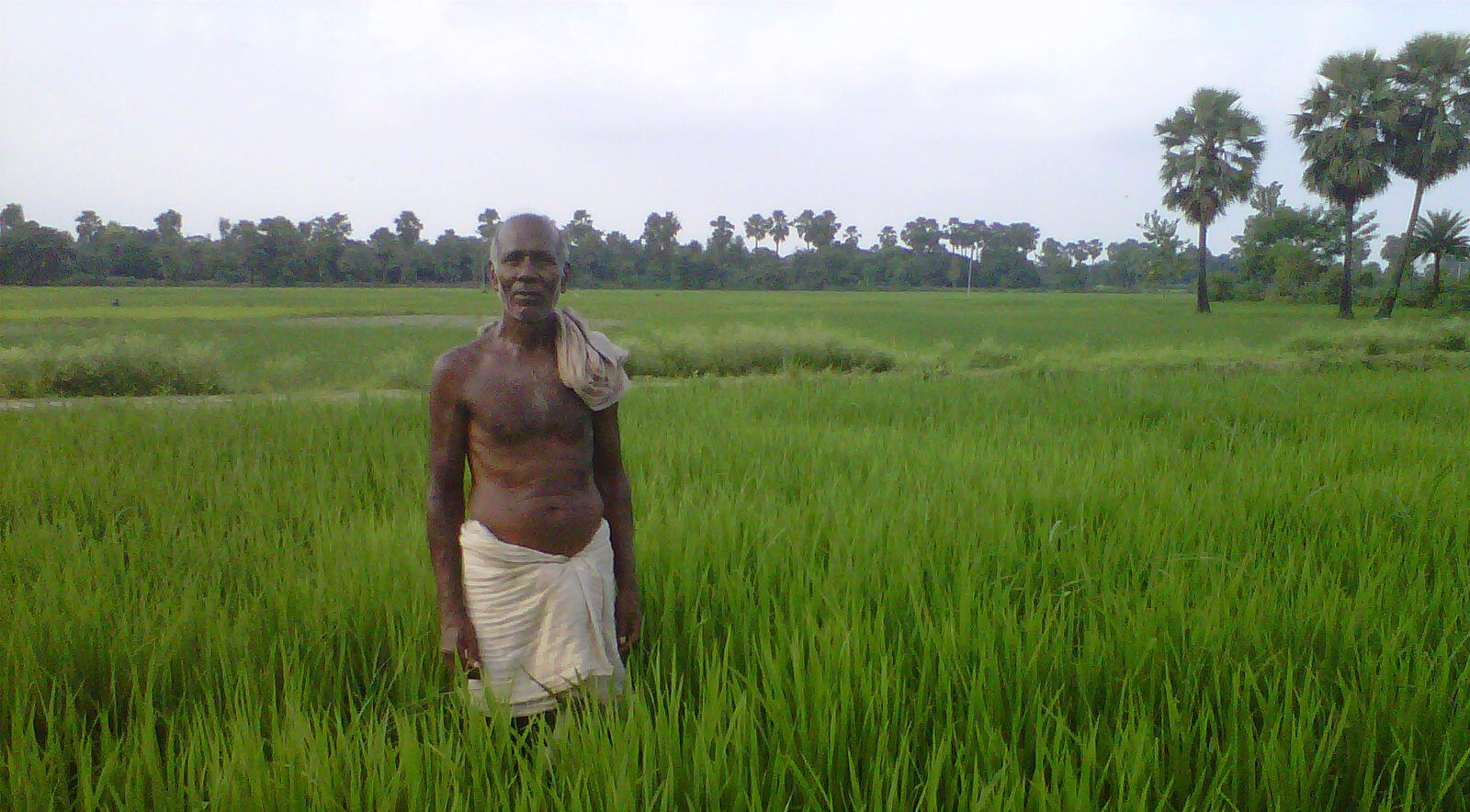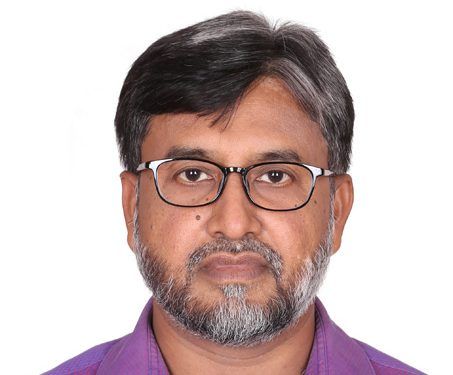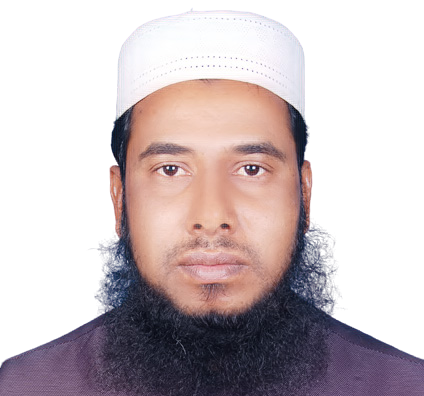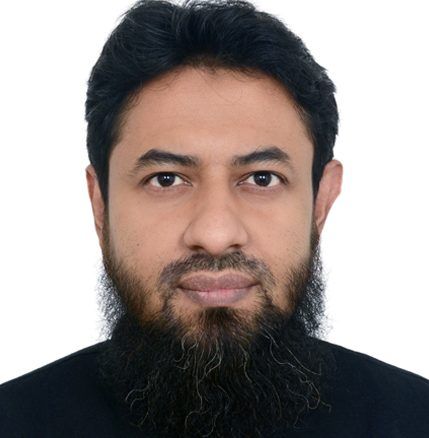Fredrick Otiato
Fredrick Otiato is a highly analytical and process-oriented researcher with extensive expertise in research methodologies, data management, and statistical analysis. He holds an MSc in Applied Statistics from the University of Nairobi and a BSc in Statistics from Jomo Kenyatta University of Agriculture and Technology. With a career spanning more than a decade in roles such as Senior Research Analyst and Data and Insights Manager, Fredrick has led complex data operations and supported the design and analysis of both qualitative and quantitative research. He has also contributed to various research projects, resulting in multiple scientific publications. Passionate about using data to drive meaningful insights, Fredrick is dedicated to creating actionable outcomes that foster growth and development.
